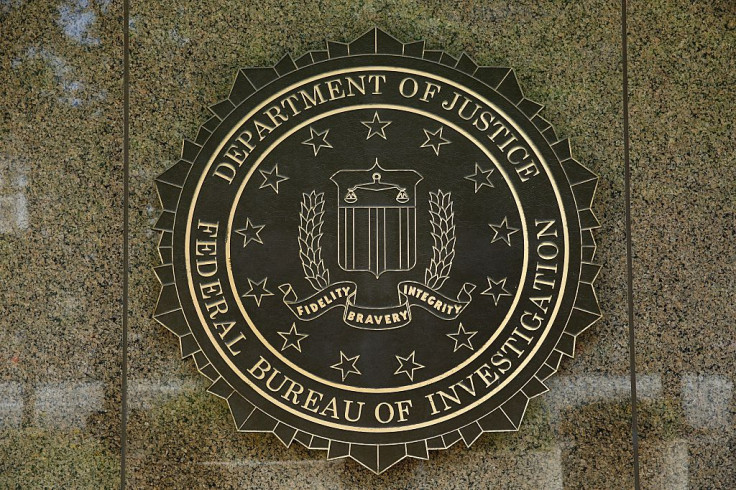Google publicly releases 8 secret data requests from FBI
Redacted versions of the National Security Letters and Google's correspondence with the FBI are now public.

Google has published redacted versions of 8 secret data requests made by the FBI. In October, the tech giant disclosed that it has been released from a gag order preventing it from revealing the secret FBI data requests, thanks to the 2015 USA Freedom Act.
Google is now making the National Security Letters (NSLs) public in efforts to highlight the "nature and scope of NSLs". The tech giant has also published its correspondence with the FBI relating to the release.
"In our continued effort to increase transparency around government demands for user data, today we begin to make available to the public the National Security Letters (NSLs) we have received where, either through litigation or legislation, we have been freed of nondisclosure obligations. We previewed this back in October when we updated our Transparency Report," wrote Google information security director Richard Salgado.
According to Salgado, the letters are partially redacted to "protect privacy interests". The letters demand user information, including details of customers' accounts. The letters also provide some insight into the kind of information that the FBI is interested in obtaining from tech giants. Additionally, the letters also shed light on Google's efforts to fight the FBI's data demands in court.
Salgado indicated that Google intends to create a more "permanent home" for such data requests and other material which will make up its transparency report. Google's release reveals that the FBI requested "electronic communication transactional records" as recently as 2015. According to a report by the Intercept, national security attorneys said that this type of request exceeds what the FBI is authorised to make.
NSLs are secretive subpoenas used by the FBI to force tech firms, financial institutions and others to hand over user information. The most compelling part of the letters is that despite being legally authorised to enforce firms to hand over data, they are not signed over by any judge and are always accompanied by a gag order.
While Google initially did not publish the NSLs, even after it was legally allowed to do so, it now appears that the tech giant is likely inclined to release more letters.
Salgado said, "While we are encouraged by this development, we will remain vigilant in opposing legislation that would significantly expand the universe of information that can be obtained with an NSL."
© Copyright IBTimes 2025. All rights reserved.






















